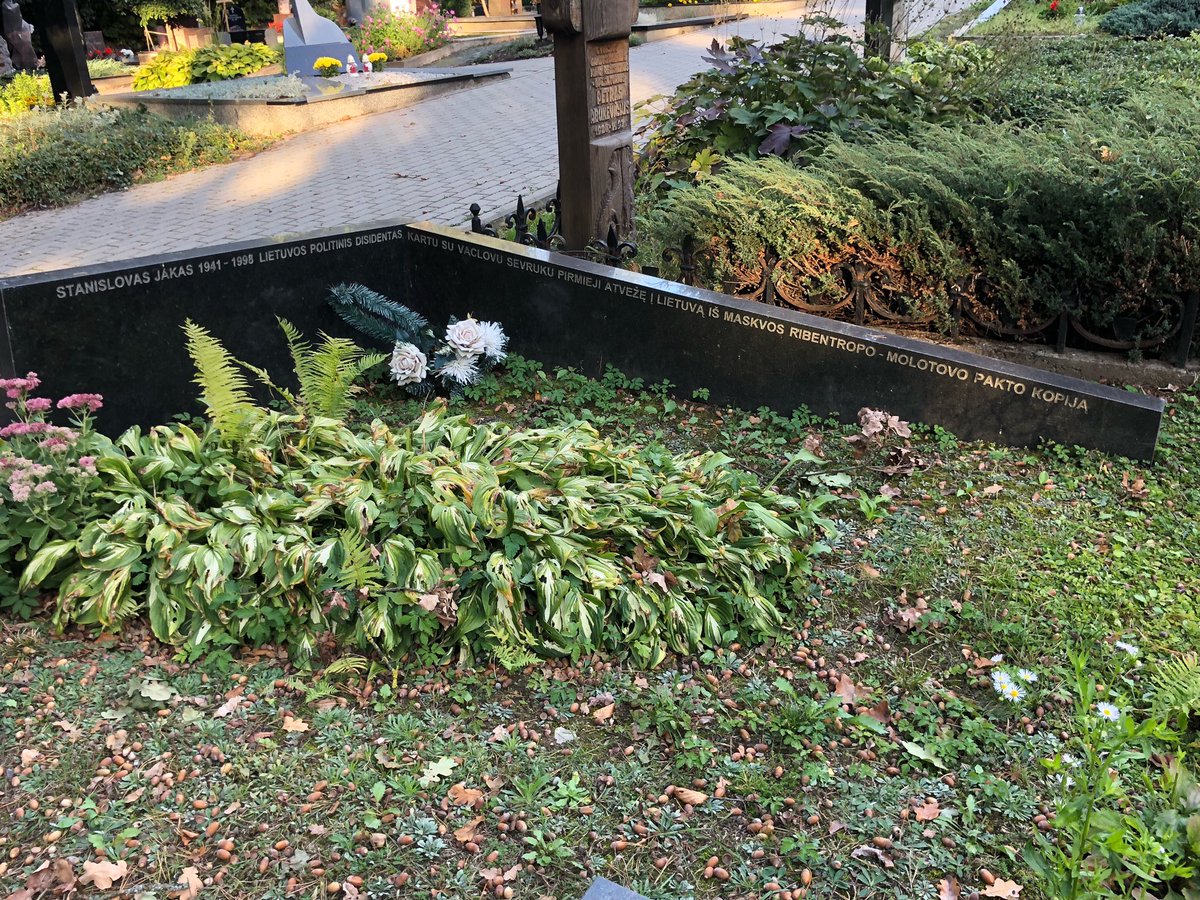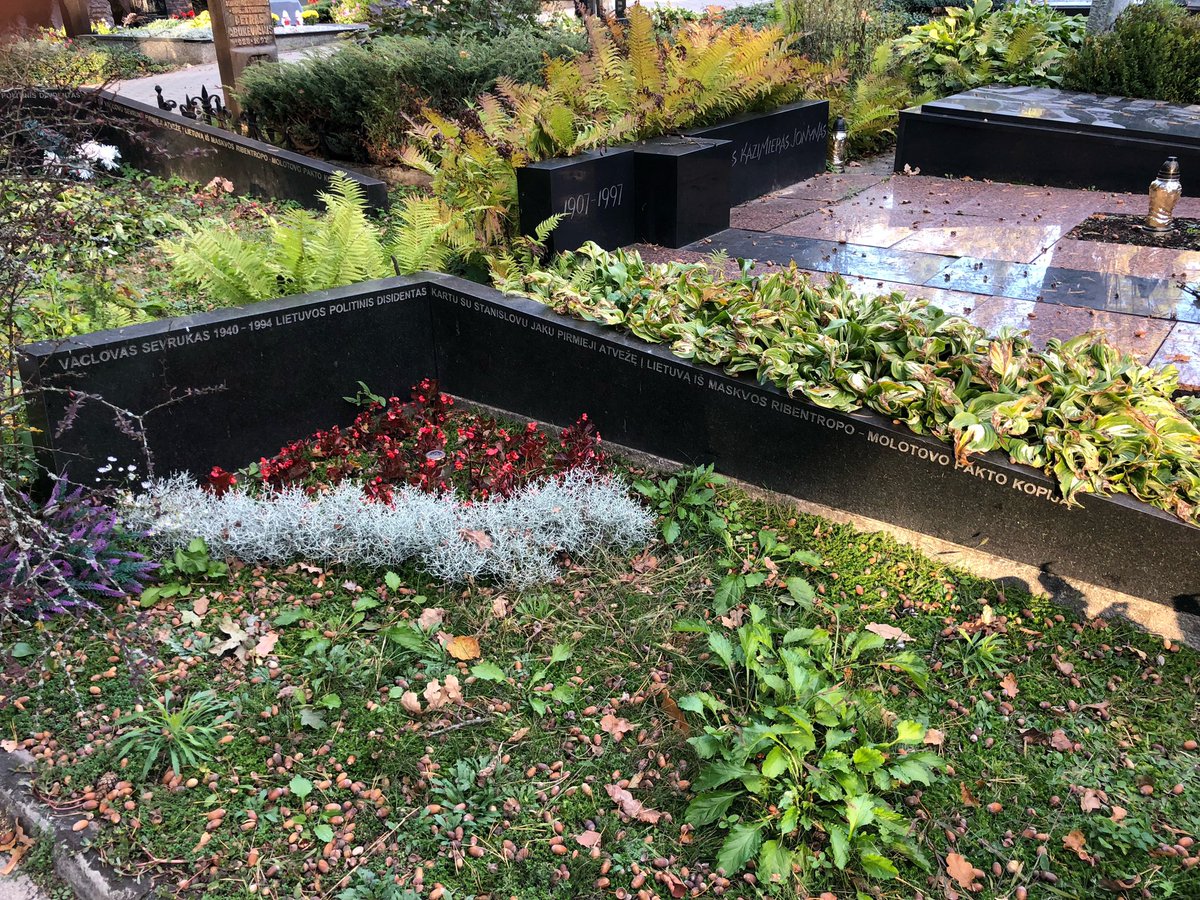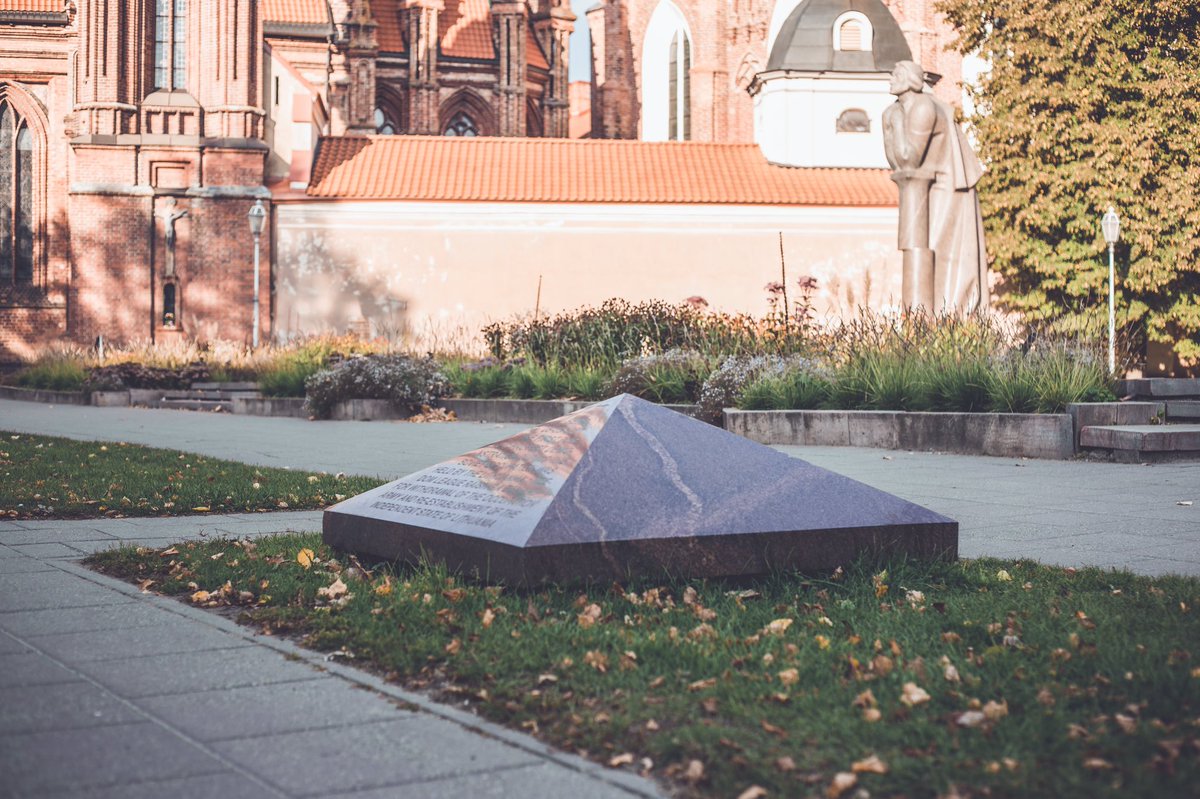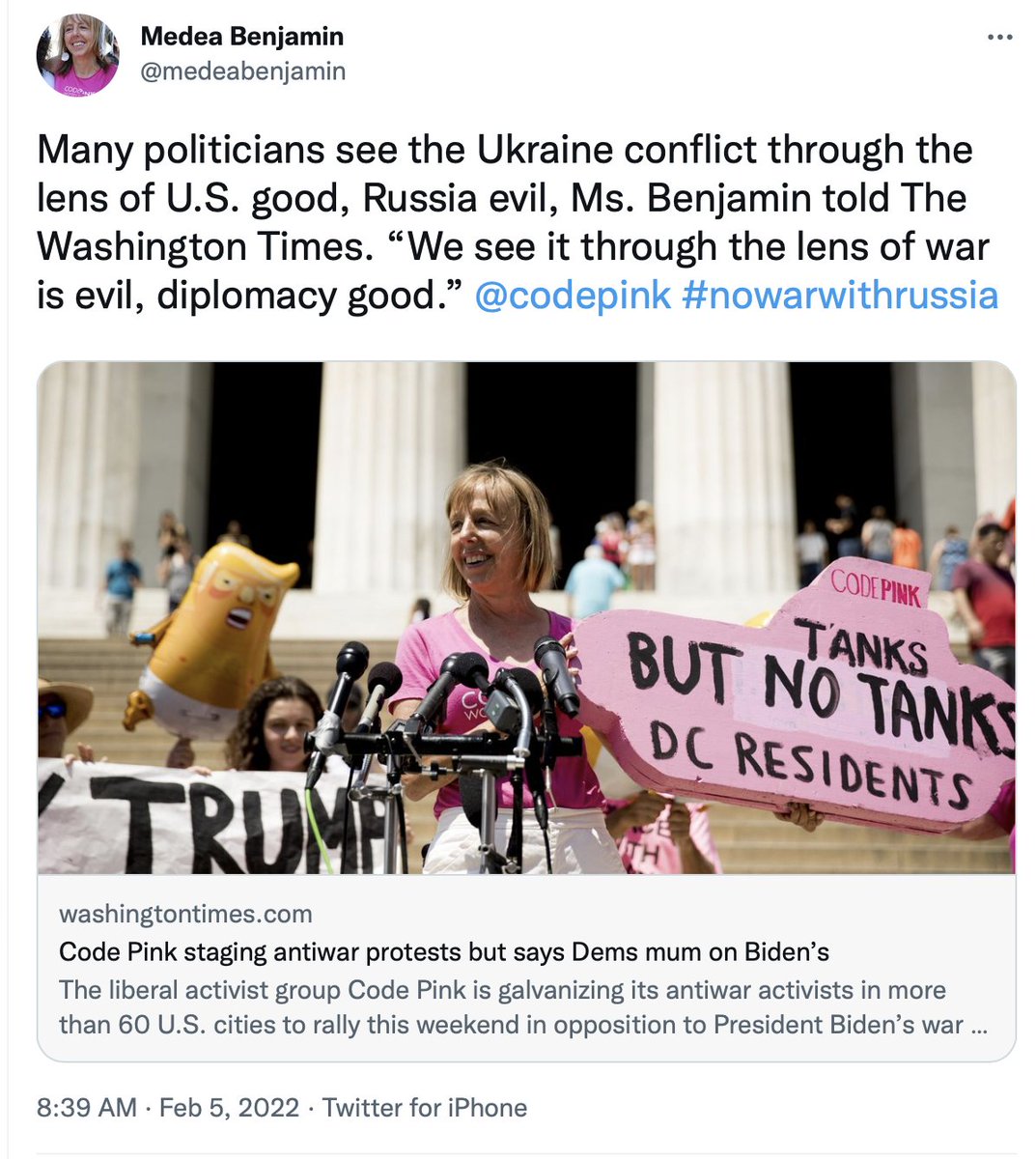
Let’s translate @mfa_russia’s doublespeak.
“Thanks to the Soviet-German non-aggression pact, the independent countries of central and eastern Europe were divvied up between the two powers, & hundreds of thousands of lives were lost or destroyed.” /1
“Thanks to the Soviet-German non-aggression pact, the independent countries of central and eastern Europe were divvied up between the two powers, & hundreds of thousands of lives were lost or destroyed.” /1

In its effort to portray the Nazi-Soviet Non-Aggression Pact as just another neutrality pact among many others in Europe at the time, Russia’s MFA deliberately manipulates history by “forgetting” to mention the treaty’s secret protocols. /2
encyclopedia.ushmm.org/content/en/art…
encyclopedia.ushmm.org/content/en/art…
It’s not as though the MFA doesn’t know about the protocols: although the USSR later denied their existence protocols (until Gorbachev acknowledged them in 1989), the #Kremlin actually displayed them along with the rest of the treaty in 2019. /3
theguardian.com/world/2019/aug…
theguardian.com/world/2019/aug…
In the secret protocols, the two states agreed on how Poland would be divided (a process that began a little more than a week later) and also who would get which of the Baltic states, with the USSR agreeing to pay Germany in exchange for Lithuania. /3
digitalarchive.wilsoncenter.org/document/110994
digitalarchive.wilsoncenter.org/document/110994
The Molotov-Ribbentrop pact became an important touchstone in the movement to restore Lithuanian independence.
In 1970, Stanislovas Jakas & Vaclovas Sevrukas brought copies of the secret protocol that were being secretly circulated by dissidents in Moscow back to #Lithuania. /4
In 1970, Stanislovas Jakas & Vaclovas Sevrukas brought copies of the secret protocol that were being secretly circulated by dissidents in Moscow back to #Lithuania. /4
Jakas and Sevrukas were severely punished by Soviet authorities.
They are buried now in Antakalnis Cemetary in Vilnius, & their headstones pay tribute to the role in publicizing the pact in Lithuania. /5
vle.lt/straipsnis/sta…
lkbkronika.lt/index.php/en/i…
lis.if.vu.lt/index27ae.html…

They are buried now in Antakalnis Cemetary in Vilnius, & their headstones pay tribute to the role in publicizing the pact in Lithuania. /5
vle.lt/straipsnis/sta…
lkbkronika.lt/index.php/en/i…
lis.if.vu.lt/index27ae.html…


On 23 August 1987, on the anniversary of the signing of the Molotov-Ribbentrop pact, the first unauthorized (by the Soviets) rally of the restoration of independence movement took place in Lithuania — about 3000 people attended, including Jakas. /6
lrt.lt/mediateka/iras…
lrt.lt/mediateka/iras…
Today, there’s a monument there in the square where the meeting happened. /7
vilniusgo.lt/2017/11/06/pam…
vilniusgo.lt/2017/11/06/pam…

And in 1989, again on the anniversary of the fateful Molotov-Ribbentrop pact, Lithuanias joined their Baltic neighbors in a powerful peaceful protest demanding the restoration of their independence. /8
https://twitter.com/lithuaniaineu/status/1562011894231306240
It’s not a huge stretch to say that public awareness of the secret protocols — and the subsequent recognition that the whole edifice of the Soviet Union had been built on a lie — doomed the USSR to collapse. A loss of legitimacy (however tenuous it may be) is hard to weather. /8
Gorbachev admitted, in 1989, under pressure from the People’s Congress of Deputies, to the existence of the secret protocols. Surely he hoped that confronting the past openly would heal the rift—but it was too little, too late./9
nytimes.com/1989/08/19/wor…
histdoc.net/history/1989-1…
nytimes.com/1989/08/19/wor…
histdoc.net/history/1989-1…
In failing to admit the truth about what the pact with Nazi Germany contained, the #Kremlin wants to whitewash this history. In the Kremlin’s telling, the USSR is both the innocent victim and the righteous champion in the face of Nazi aggression. /10
There’s a grain of truth in that tale (as there is in most #disinformation). But the Kremlin’s telling —which equates the USSR to #Russia— obscures the fact that so many of the Soviet citizens who died as victims or as Red Army soldiers were Belarusians, Jews, & Ukrainians. /11
https://twitter.com/innasovsun/status/1523740885392842752
And the Kremlin’s tale conveniently forgets the willful harm it imposed on the lands it occupied thanks to the pact, especially the territory of Poland (which included at that time parts of what are now Belarus and Ukraine)… /12
https://twitter.com/salforduni_pch/status/1226761137590591488
… As well as the Baltic states, from which at least 169,000 people were deported to Soviet Central Asia and Siberia over the course of than a year. /12
gulag.online/articles/sovie…
gulag.online/articles/sovie…
https://twitter.com/lithuaniaconny/status/1272179056080039936
The failure to really grapple with the Soviet past has been a deliberate policy during #Putin’s reign. From rewriting textbooks to shutting down memory-preserving NGOs like Memorial, the aim has been to stifle critical reflection about the past. /13
link.springer.com/chapter/10.100…
link.springer.com/chapter/10.100…
In pursuit of a history “free of contradictions & ambiguities,” Putin has encouraged the development of dangerous national myths. /14
themoscowtimes.com/2013/02/19/put…
themoscowtimes.com/2013/02/19/put…
Such myths may feel good, but they aren’t healthy, either for Russian society at home… or for anyone in the path of the Kremlin’s revisionist aims. /fin
newyorker.com/news/q-and-a/v…
newyorker.com/news/q-and-a/v…
• • •
Missing some Tweet in this thread? You can try to
force a refresh






